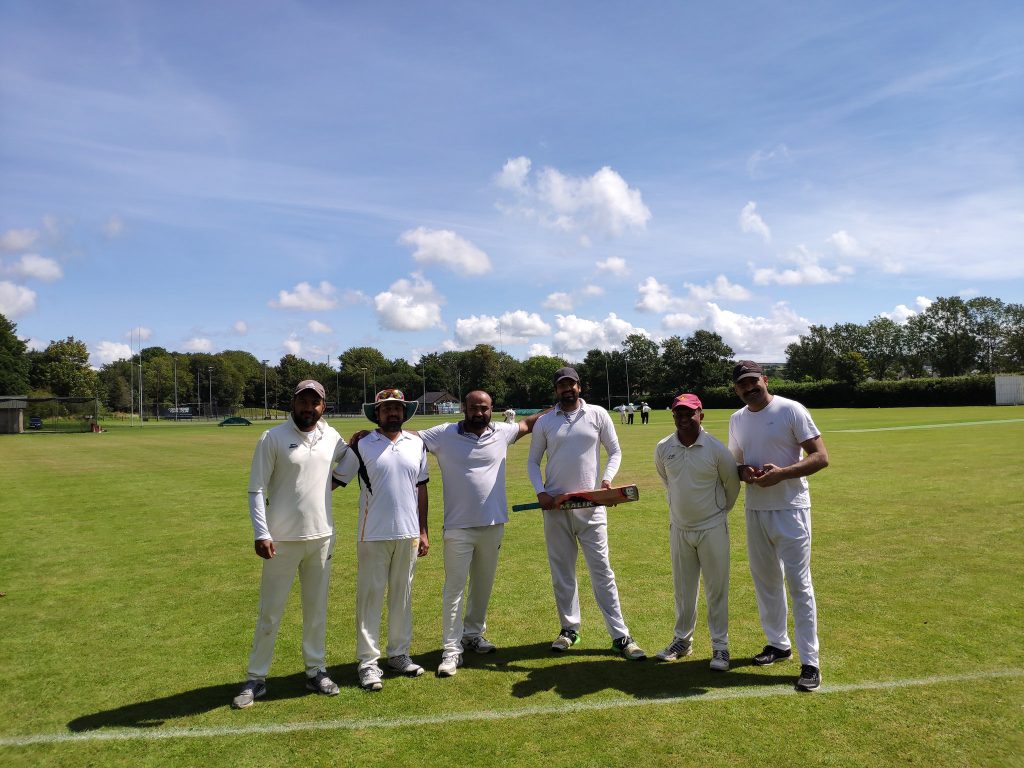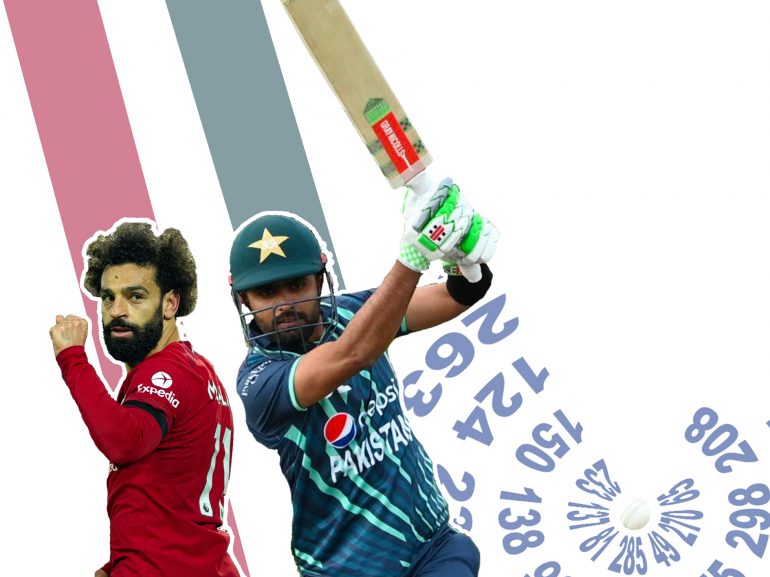Betting companies are unfairly profiting from player data, says a group trying to find a solution to the problem for athletes
PROFESSIONAL Muslim athletes can be unwilling or unwitting participants in the deep-rooted relationship between sport and betting.
In the past, players like former Newcastle United striker Papiss Cissé and Kiwi rugby star Sonny Bill Williams have refused to wear jerseys that featured a betting company sponsor.
The rituals of sport can clash with faith in other ways, too. Liverpool’s Mohammed Salah, who is also Muslim, takes his fair share of Man of the Match awards but never accepts the gift of champagne.
The Qur’an says that Muslims should not take part in gambling – or maisir – because the sin of seeking good fortunes through chance outweighs the potential profit.
This issue creates another problem when the public can bet on a Muslim player to score the next goal or hit the next six.
It puts Muslim athletes in the uncomfortable position of having their personal performance data collected, processed and monetised by betting companies in real-time.
‘Religiously-informed decision’
Cardiff-based company Global Sports Data and Technology Group (GSDT) has put a hard spotlight on betting companies in this sphere and last month signed a world-leading agreement with the Professional Cricketers’ Association to advise and represent players about their data rights.
GSDT is now working with Cardiff University academics to develop guidance for Muslim athletes over the use of their personal data in betting.
Launched in 2005, the Centre for the Study of Islam in UK describes itself as the country’s leading academic institution for research and teaching about Islam in the UK.
Dr Mansur Ali, a Lecturer in Islamic Studies, said: “We are not in the business of telling people what to do. Our project will provide an evidence-based guideline for Muslim athletes to make an ethical and religiously-informed decision about their data and intellectual property.”
The next stage of the partnership, they say, is a discussion event involving representatives of the major sports, governing bodies, and the data and betting industries.
‘Wild West’
GSDT co-founder and former Cardiff City manager Russell Slade says the fight is about moving “control back to the player”.
“Whenever I go to a club, the most important thing is to identify the issues and let the players know what their options are. What they want to do with that information is up to them.”

As well as the ethical concerns about their data being monetised, players also worry about how inaccurate or misused data could affect their careers – a manager instructing his player to stay in position, for example, may reflect badly in external analysis of that player’s data.
Slade tells The Cardiffian that he hesitated over signing a 6ft tall defender for Charlton Athletic because a data provider said the player was 5ft 7in. He has also known more than one player complain about being represented as the wrong ethnicity in a video game.
A lawyer for a major data collection firm likened the industry to “the Wild West”, Slade says.
“These companies need to become official data collectors.”
‘Why should we promote gambling anyway?’
Syed Abbas is chairman of Cardiff-based Bay Dragons Cricket Club and a Muslim. He says that players’ feelings on betting should be respected whichever side of the issue they choose.
He says a “minority” of Muslims may take part in match day betting as a personal choice.
“Unfortunately, due to commercials of betting sponsorship, players are compelled to wear team kits that may advertise alcoholic drinks or betting companies, which does hurt the feelings of Muslim players, and those of others who don’t drink or gamble, too,” said Abbas.

“The cricket boards should do more to diversify their sponsorship income and onboard the sponsors which are not just acceptable to all but demonstrate good morals.
“So the real question is that – why should we promote gambling anyway?”



